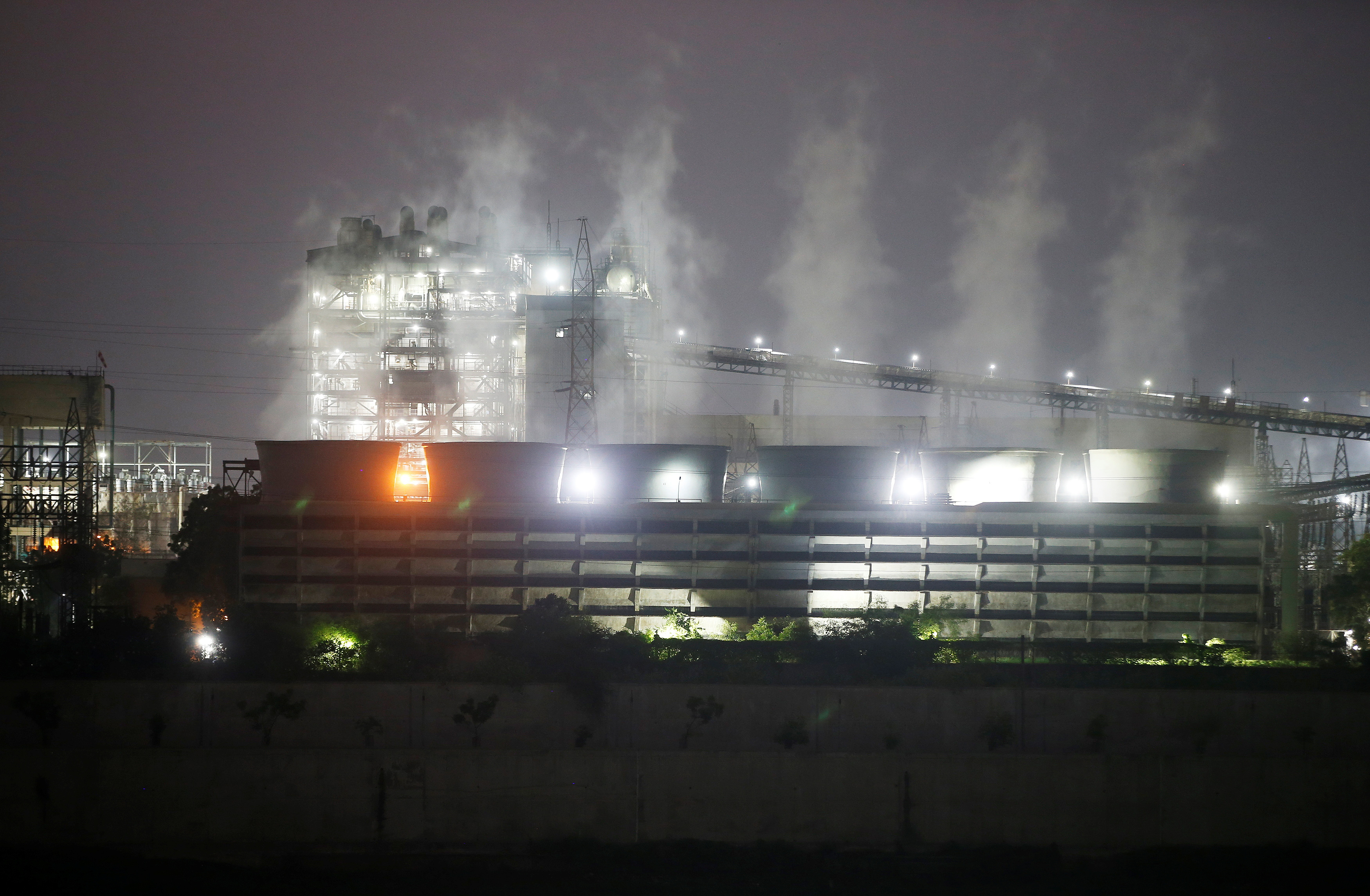COP27: World on track to increase emissions 10.6% by 2030 - UN report

Smoke billows from the cooling towers of a coal-fired power plant in Ahmedabad, India, October 13, 2021. REUTERS/Amit Dave Purchase Licensing Rights
LONDON, Oct 26 (Reuters) - If countries fulfill their current climate commitments, global greenhouse gas emissions will rise by 10.6% by 2030 compared to 2010 levels, according to a United Nations report released on Wednesday.
The UN Intergovernmental Panel on Climate Change says a 43% reduction in emissions by 2030 is needed to limit warming to 1.5 Celsius above pre-industrial temperatures.
With world leaders expected to gather in Sharm el-Sheikh in Egypt for the COP27 climate summit from Nov. 6, experts said more action was urgently needed.
"At the UN Climate Change Conference in Glasgow last year, all countries agreed to revisit and strengthen their climate plans," said Simon Stiell, executive secretary of UN Climate Change in a statement. "The fact that only 24 new or updated climate plans were submitted since COP26 is disappointing."
These include Bolivia, Vanuatu and Uganda, as well as the large emitter nations of India and Indonesia. The latter, which sees most emissions come from deforestation and peatland clearance, now says it will cut emissions levels by at least 31.89% by 2030.
Globally, inadequate pledges put the world on a path to warm by 2.5C by 2100.
Still, a 10.6% increase in emissions represents slight progress. Last year's UN assessment found countries were on track to up emissions by 13.7% by 2030.
Sign up here.
Reporting by Gloria Dickie in London; Editing by Janet Lawrence
Our Standards: The Thomson Reuters Trust Principles.
